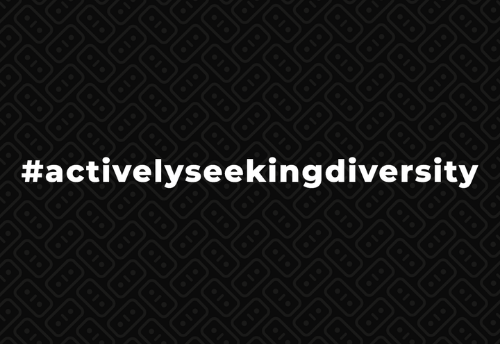Meta Is Building A ‘Laptop For The Face’—Here’s What That Might Be Like - Corporate B2B Sales & Digital Marketing Agency in Cardiff covering UK
Last week, Meta CEO Mark Zuckerberg outlined a few developments for a higher-end virtual-reality headset for work that the company is currently building. Codenamed ‘Project Cambria’, the gadget was described by Zuckerberg as “eventually replacing your laptop or work setup.”
It turns out that the Meta founder was being literal about the laptop bit. New details shared by The Information show that the tech behemoth is looking at Cambria as a “laptop for the face,” or a “Chromebook for the face”—two monikers the company’s employees have given the device.
We’re thinking they should have simply called it “Facebook.”
According to an internal roadmap seen by The Information, Project Cambria was intended for release in 2021 but supply chain issues and disruptions caused by the pandemic have pushed its launch to around September this year.
The VR headset supposedly has specs similar to a Chromebook and runs on a Meta operating system that’s based on Android. As Project Cambria is intended for remote work in the metaverse, its high-resolution image quality could be used to display text more clearly so users can strap on the gadget to read or send emails, or even code, the news outlet details.
Zuckerberg noted last month that Meta’s VR headsets, which presumably include Project Cambria, will feature eye-tracking and face-tracking technology for avatars’ faces to move in sync with the person.
He also said Project Cambria will boast “full-color passthrough mixed reality,” which The Information says refers to outward-facing cameras that allow the user to immerse in a blend of virtual reality and the physical world.
The high-end Cambria is poised to cost over US$799, says The Information.
A UI/UX design flaw from the getgo?
When the headset eventually launches, though, it could see slower adoption by corporate users at the beginning. Although Project Cambria is said to support web-based apps and services—in addition to apps made for Meta’s Quest, of course—it might not be compatible with the native desktop apps typically used by companies.
More to come
In total, Meta is expected to introduce four headsets in the next couple of years.
Following Project Cambria’s debut this year, Meta will reportedly launch two Quest headsets in 2023 and 2024, before releasing a Cambria successor (codenamed ‘Funston’) in 2024.
Zuckerberg shared at Meta’s recent earnings call that more details about the upcoming headset will be disclosed in the next few months.
[via
http://www.designtaxi.com/news/418593/Meta-Is-Building-A-Laptop-For-The-Face-Here-s-What-That-Might-Be-Like/
This content was originally published here.

